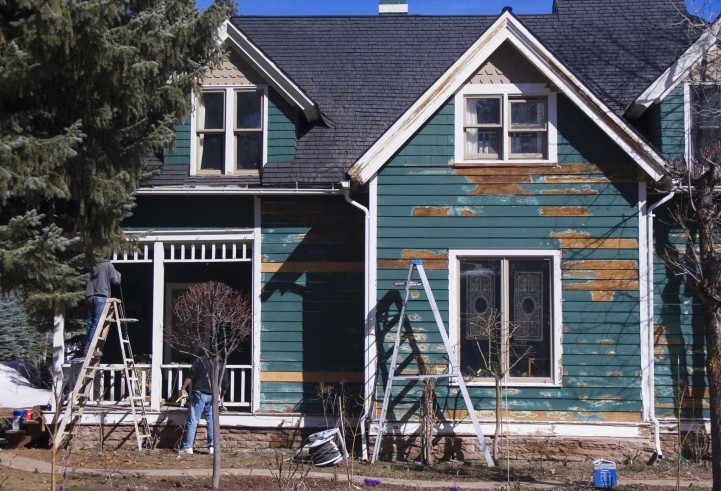In fixing and flipping real estate, the most important part of the process is selecting the property to purchase and buying it at the right price. There is an old adage real estate investors often say, “You make money when you buy, not when you sell.” What this means is that most of the deal profits are reflected in the original purchase price. A successful real estate flipper rarely counts on appreciation, so when selecting a property, it pays to be very selective and do your homework.
Review Multiple Properties
One of the common mistakes real estate investors make is to be over-eager when searching for a project. The amount of good deals will fluctuate with the overall real estate market, but regardless of whether it is a buyer’s market or a seller’s market, there are always good deals to be found. You may need to search through a hundred potential deals to find one good one, but this patience is what will make you successful in the long-run.
When analyzing a potential deal, savvy investors take into account both the current value of the home as well as the approximate After Repair Value (ARV). The current value is what the property is worth if you were to buy it and immediately flip it for resale, where the ARV is an estimate of what the property will be worth after your intended renovations. While the ARV can be a bit subjective, a skilled appraiser is able to leverage their knowledge of the area, comparable listings, and your intended scope of work to estimate what the investor should ultimately be able to sell it for.
Stick to Your Budget
The day you purchase the property, the clock is ticking with expenses. The last thing you want is to finish your rehab and have the house not sell; therefore, running up your costs with taxes, insurance and interest. Budgeting is crucial in turning a profit when rehabbing homes. As a real estate flipper, you need to understand that sticking to your budget is the second most important factor determining whether you make or lose money on the home.
Once you have bought a house at the right price and clearly understand what the value of the property is, then budgeting items such as the rehab cost, loan costs, taxes, insurance and closing costs will dictate if and how much profit you stand to make. When you begin to run up your budget to make the kitchen look a little nicer or put in state-of-the-art appliances, you are simply taking money out of your own pocket.
Thorough Due Diligence is Key
An easy way to start going over your projected budget is by not doing proper due diligence on the property. Often times you’ll have the ability to have an inspection period of 5-10 days where it is crucial you do at least 2 things:
- Get a full inspection report including pest and roof inspections
- Do a complete title search for liens or encumbrances on the property if you’re not using a lender that will do it for you.
When finding great deals, sometimes the private seller or bank will sell the property “As-Is” and will not allow the investor any inspection period. No matter whether you have an inspection period or not, always make sure you thoroughly inspect the interior and exterior of property and do a complete title search before putting down a non-refundable deposit. Finding hidden repairs or liens can cost an investor tens of thousands of unforeseen dollars which can put you way over your projected rehab budget. Whatever lien or liens are on the property get passed on to the new owner and can cause a foreclosure if they are not satisfied. No investor ever lost money on a deal they did not take, so do not get rushed into making a poor decision.
Make an Offer and Negotiate
Once you have found the perfect property and have completed the proper due-diligence, it is time to make your offer. As a rule of thumb, you want to buy a property at 65% of the After Rehab Value less rehab costs. This will often give an investor enough room to properly rehab the property, include carrying costs and still come out with a profit. Do not be afraid to come in low on what you offer! Remember that you can always come back and increase your offer, but it is very difficult to negotiate down after you have come to an agreement. The most successful real estate investors get properties for prices that other people have a hard time believing, so don’t be afraid to come in at a price where you will make money. If they don’t agree, there are always other deals on the market which may be a better fit.
Closing









0 Comments